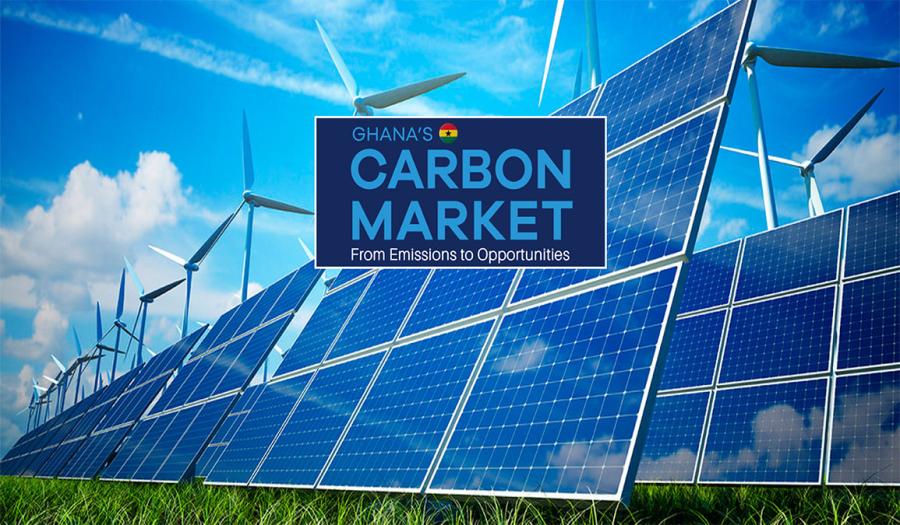
Center for Economic Research and Policy Analysis calls for bold policy action to unlock carbon market potential
The Centre for Economic Research and Policy Analysis (CERPA) has released a new policy paper examining the emerging carbon market landscape in Ghana.
The paper outlines the opportunities and challenges facing the country’s carbon trading ambitions and provides strategic policy recommendations to position Ghana as a competitive player in the global carbon economy.
As nations work to meet climate goals under the Paris Agreement, carbon markets are gaining traction as powerful tools for emissions reduction and sustainable finance. Ghana has made early moves in this space, including participation in the World Bank’s Forest Carbon Partnership Facility and engagement with Article 6 of the Paris Agreement.
Yet, CERPA finds that the country’s progress remains fragmented and at risk of being undermined by regulatory uncertainty, capacity constraints, and institutional gaps.
Key Highlights from CERPA’s Analysis:
- Ghana is one of the first African countries to authorize the generation and transfer of mitigation outcomes under Article 6 of the Paris Agreement.
- The potential for voluntary and compliance carbon markets could attract climate finance, generate green jobs, and support local communities.
- However, overlapping mandates across government agencies, weak legal frameworks, and low public awareness could stall growth.
- CERPA also notes a lack of transparency in existing agreements and limited national capacity to monitor, verify, and enforce carbon-related commitments.
CERPA’s Policy Recommendations:
- Finalise and operationalise Ghana’s national carbon market framework, ensuring alignment with international standards and private sector participation.
- Clarify institutional mandates to reduce fragmentation and enhance coordination among regulatory agencies.
- Strengthen legal and regulatory frameworks with clear guidelines for benefit-sharing, safeguards, and dispute resolution.
- Invest in capacity-building for local verification bodies, registries, and enforcement mechanisms.
- Promote public awareness and stakeholder education on carbon market opportunities, rights, and risks.
- Leverage international climate finance to support readiness, innovation, and infrastructure development.
The policy paper emphasises that carbon markets can offer Ghana a new avenue for climate-smart development, but only with the right mix of strategy, safeguards, and governance. Without clear rules and capable institutions, Ghana risks losing credibility and missing out on billions in climate investment.
Latest Press Release
CERPA urges govt to adopt key measures for sustainable economic growth
The Centre for Economic Research and Policy Analysis (CERPA) has emphasised the need for the government to adopt strategic policy interventions to address pressing economic challenges and ensure long-term stability.
Read MoreCERPA analyses the cedi’s appreciation: Durable momentum or passing phase?
The Centre for Economic Research and Policy Analysis (CERPA) has released a new policy brief examining the recent appreciation of the Ghanaian cedi, one of the most notable currency movements in global financial markets this year.
Read MoreCERPA advocates for blended wage system to boost productivity, meet labour demands
The Centre for Economic Research and Policy Analysis (CERPA) has published a new policy brief examining the feasibility and implications of transitioning to an hourly wage system in Ghana.
Read MorePolicy Analysis by CERPA: The GHc1 Question: Is Ghana's new fuel levy a sustainable path to energy sector reform?ent
Ghana's energy sector has long faced significant challenges that threaten its efficiency, reliability, and long-term sustainability. A major issue confronting the sector is its accumulation of substantial debt, commonly referred to as legacy debt.
Read More